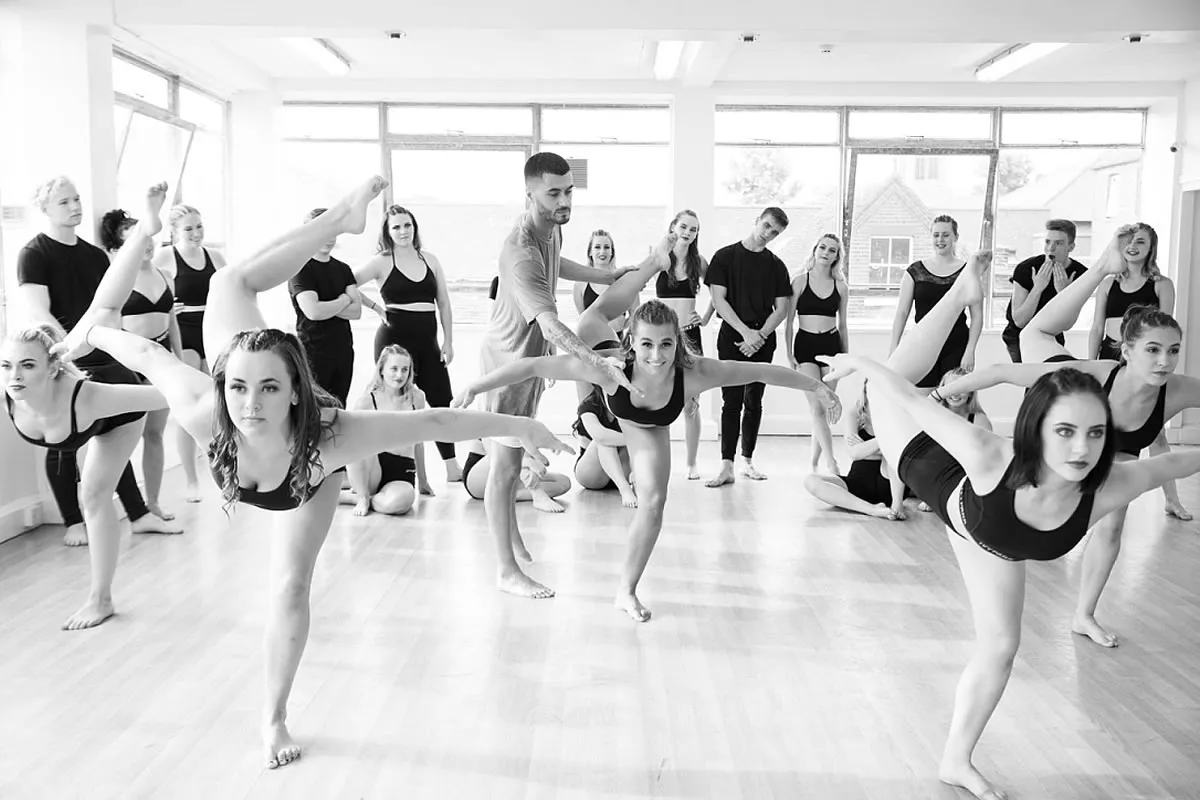Maintaining Technique Skills in Dance
Posted by Jamie Carter

Graduating from full-time training in the performing arts can be both exhilarating and challenging. While you've honed your skills to an impressive level, it's crucial to keep them sharp as you transition into the professional world.
In this article, we will outline a range of strategies for students to utilise in order to maintain their technique skills in dance, singing, and acting after completing their full-time training.
Consistent practice
The key to retaining your skills is consistent practice. Dedicate time each day or week to maintain your techniques. Create a structured practice schedule for each discipline, and stick to it religiously. This consistency is essential to prevent skill degradation.
Cross-Training
Don't limit yourself to one discipline. Cross-training can enhance your skills and versatility. Your local gym will have all sorts of classes you could do. Its very important to keep the body strong in a functional way and this interdisciplinary approach can set you apart in auditions and productions.
Find a mentor or coach
Seek out experienced mentors or coaches who can provide constructive feedback and guidance especially for singing and voice craft. They can help you fine-tune your skills and provide insights into the industry, helping you stay updated and motivated.
Attend workshops and classes
Participating in workshops and classes is a fantastic way to keep learning and evolving. Look for specialized courses or masterclasses to stay current with the latest trends and techniques in your field. I always recommend my students find a good ballet class - even if its once a week. It’s a full body workout that targets so many important elements at once.
Join performance groups
Join local theatre companies, dance troupes or singing groups. These experiences will not only keep your skills sharp but also provide you with opportunities to network and perform in front of live audiences.
Self-video and evaluation
Record your practice sessions and performances to evaluate your progress objectively. This allows you to identify areas that need improvement and track your development over time.
Stay informed
Stay updated with industry news, trends, and new techniques. Read books, follow blogs, watch documentaries and attend conferences related to your field. Knowledge is power.
Set goals
Establish clear, achievable goals for your career. This will help you maintain motivation and a sense of purpose. Whether it's landing a specific role or mastering a challenging dance move, setting goals gives you direction.
Manage your health
Physical fitness and health are paramount for performers. Maintain a balanced diet, exercise regularly and take care of your mental well-being. Healthy performers are better equipped to handle the demands of the industry.
Networking and auditioning
Regularly attend auditions and network with industry professionals. Even if you don't land every role, the audition process is a valuable learning experience and an opportunity to showcase your skills.
In conclusion, maintaining your technique skills in dance, singing, and acting after graduating from full-time training is a continuous journey. By following these strategies, you can stay at the top of your game and increase your chances of success in the competitive world of performing arts.
Remember that persistence, dedication, and a willingness to adapt to the evolving industry are key to your long-term success.
About the Author

Jamie Carter
Jamie first began his dance training at the Bexley Centre of Music and Dance in Kent. In 2002, he was awarded a full scholarship to train professionally at London Studio Centre and graduated in 2006.
Following graduation, he has worked internationally. Since retiring in 2019, he has been a guest teacher for London Studio Centre, Urdang Academy, Millennium Performing Arts, Pineapple Dance Studios and Dance Works. He now teaches as part of the faculty at MEPA College, Leeds Conservatoire and University of Lincoln.